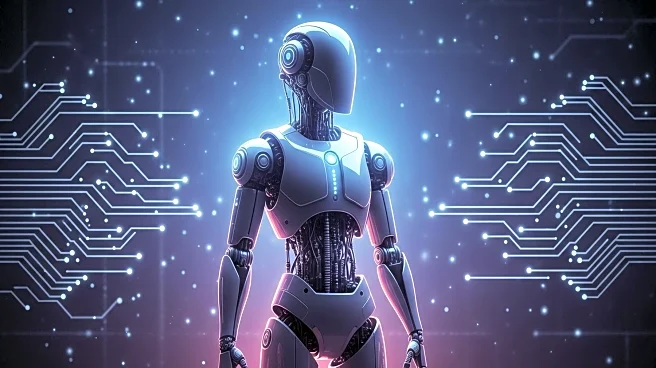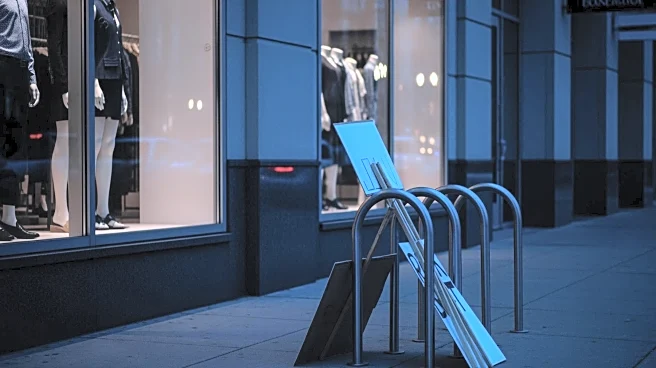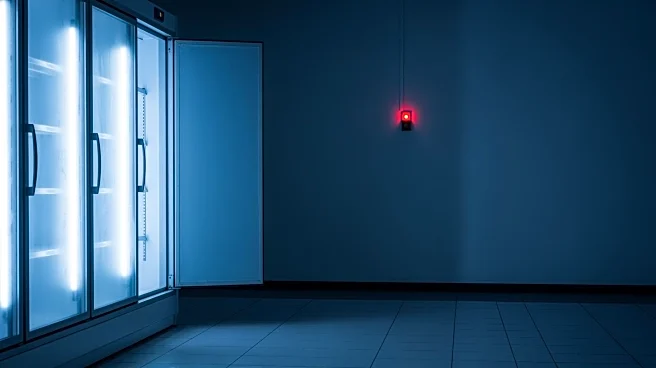What's Happening?
OpenAI has launched Sora 2, a new AI model powering a TikTok-style video app that has quickly gained popularity. Despite requiring an invite code, the app has become the third most downloaded on Apple's App Store. Sora 2 is noted for producing longer and more realistic video clips, including deepfakes, which have sparked debates about safety and censorship within OpenAI. The company is balancing the need for creative freedom with the implementation of strict guardrails to prevent misuse. The app includes safeguards against explicit content and impersonation, but some users have found ways to bypass these protections.
Why It's Important?
The rapid adoption of Sora 2 underscores the growing influence of AI in content creation and the challenges of regulating such technology. OpenAI's approach to balancing innovation with safety has significant implications for the tech industry, particularly in terms of ethical AI deployment. The app's viral success highlights the demand for advanced AI tools, but also raises concerns about potential misuse, including the creation of deepfakes and unauthorized use of copyrighted material. This situation reflects broader industry tensions between innovation and regulation, with potential legal and ethical ramifications.
What's Next?
As OpenAI continues to refine Sora 2, the company will likely face increased scrutiny from regulators and the public regarding its safety measures and content policies. The tech industry may see heightened discussions around AI ethics and the need for comprehensive guidelines to manage AI-generated content. OpenAI's competitors, such as Meta and Google, are also advancing their AI video technologies, which could lead to intensified competition and innovation in the sector. The outcome of ongoing legal challenges related to copyright and content moderation will be crucial in shaping the future landscape of AI-driven media.











